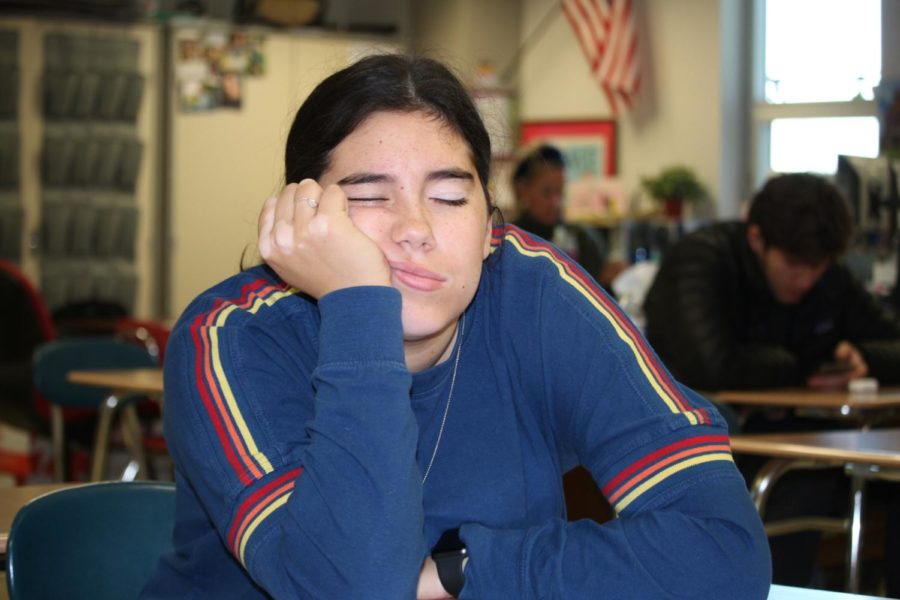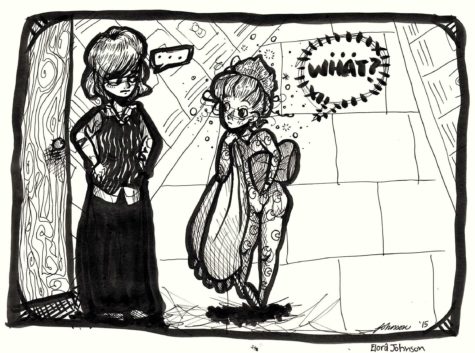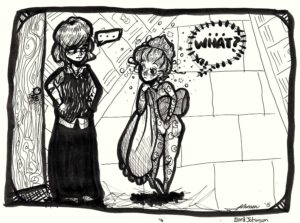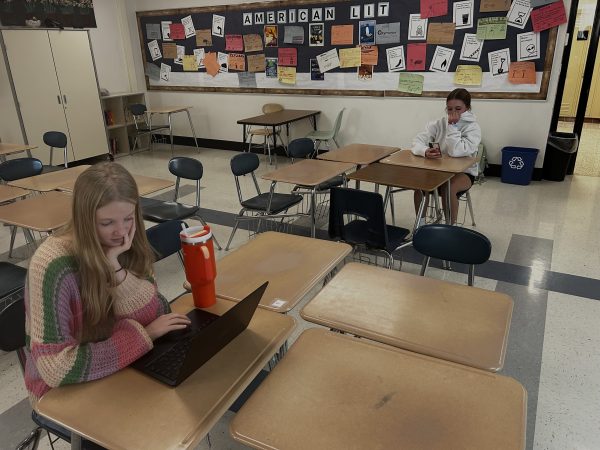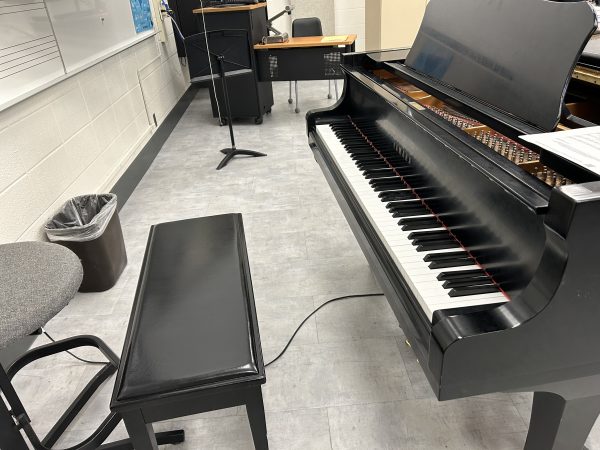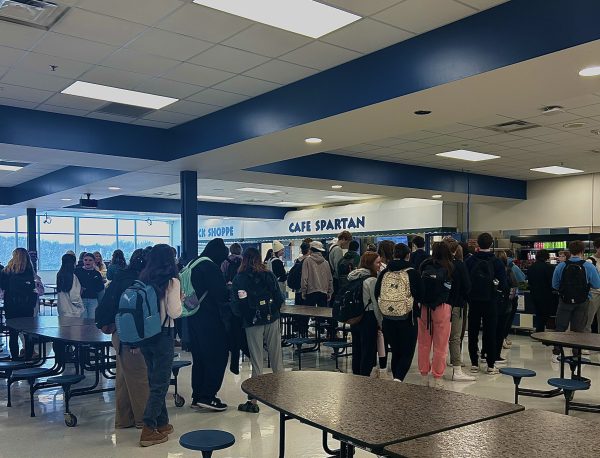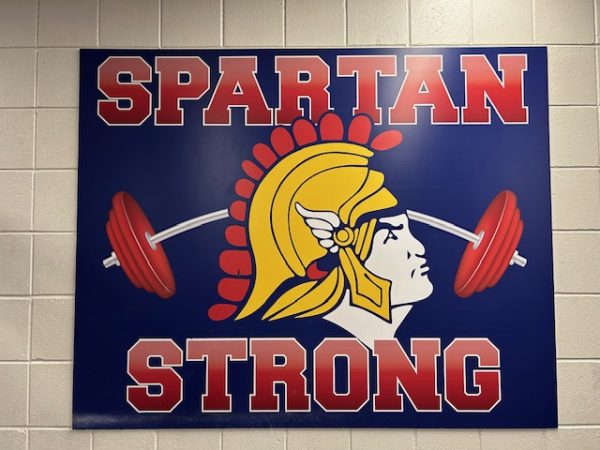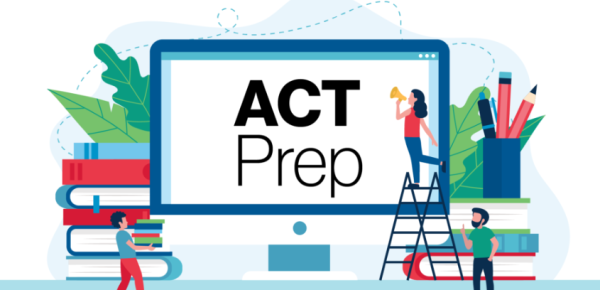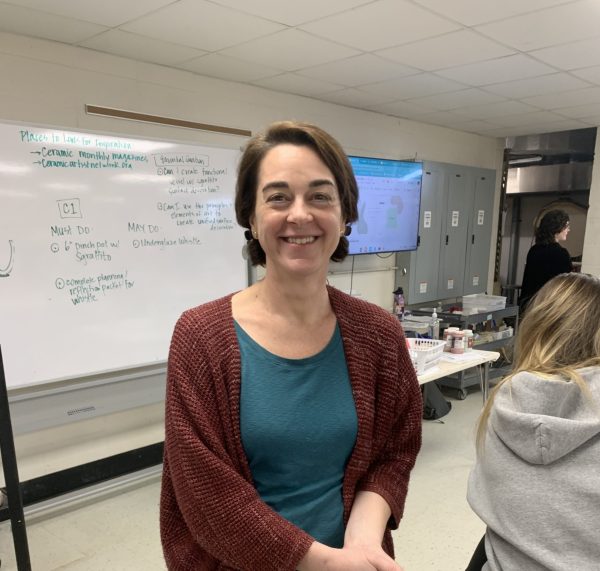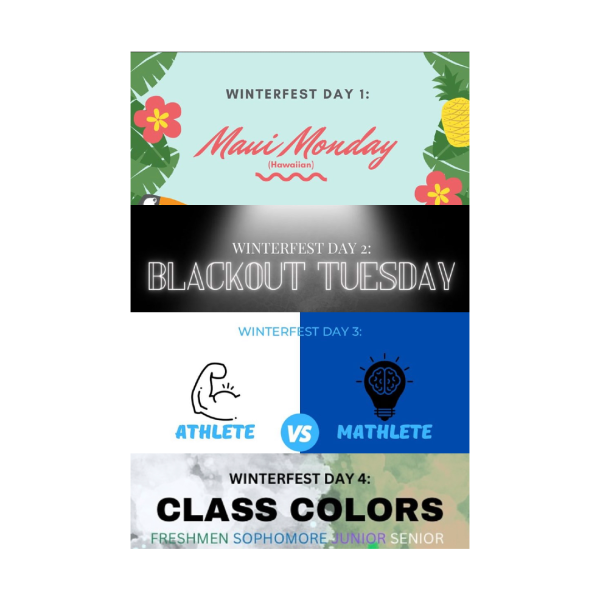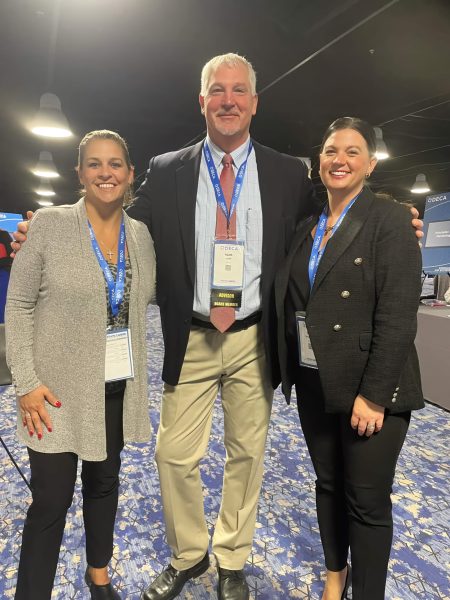High Schoolers: Get Those Zzzzs!
Photo Illustration/ Isa Chavez showing how easy it is to doze off during class due to lack of sleep.
November 12, 2019
Kenzie Taylor
Editor in Chief
High school is a stressful, hectic and time consuming period for kids. Between GPA upkeep, the ACT, SAT, college applications, and more, it’s no wonder sleep is shortchanged.
However, sleep is vital to your health. Lack of sleep can result in chronic sleep loss, which can trigger anxiety, depression, and is overall damaging to mental health, according to the American Sleep Association (ASA).
It is especially important to get sufficient sleep during adolescent years. Harvard Medical School says that sleep is an important contributor to memory development, metabolism and mood, among several other factors.
“Sleep loss may result in irritability, impatience, inability to concentrate, and moodiness. Too little sleep can also leave you too tired to do the things you like to do. Sleep deprivation alters immune function, including the activity of the body’s killer cells. Keeping up with sleep may also help fight cancer.”
In an in-depth interview, senior Isa Chavez opens up about her sleeping condition, “I have this thing called insomnia. Basically what happens to me is I get super tired around 8:30 at night; I’ll sleep for two hours, and then wake up at 10:30 pm and I can’t fall asleep again until 5:30 am.” Chavez adds that while she is awake, she is tossing and turning, will go for a drive, or even work out.
The American Psychology Association (APA) informs that adolescents require about nine hours of sleep per night. Yet, this is hardly attained, “More than half of teens age 15-17 sleep for 7 or fewer hours per school night.”
So, how can we combat the undeniable effects of sleep deprivation? Aside from attempting earlier bedtimes and abandoning phones and laptops before bed, there is an ultimate enemy: school start times.
Orono High School has one of the earliest start times in the area, with Wayzata, Westonka, Minnetonka and Edina all beginning after 8 am.
On March 25, 2019, congresswoman Zoe Lofren introduced the “ZZZ’s to A’s Act” where Congress found that early start times contributed to lack of sleep, which challenges teenager’s biological rhythm that “causes adolescents to sleep later at night and wake later in the morning.”
The National Sleep Foundation explains that everyone has an internal clock, which regulates our periods of sleepiness and wakefulness. With this rhythm, we experience hills and valleys of tiredness. These dips are intensified with sleep deprivation, which teens naturally are.
The APA states that benefits of later school times include increased academic performance, such as better attendance, test scores, and GPA. It is also associated with improved mental health, and general public safety.
I leave my house around 7:20 every morning to get to school, and I always run into traffic. It is hard to make it on time when there are so many people trying to get to work as well.
— Lauren Reeves
Despite these unavoidable obstacles teenagers face, it is apparent that changes need to be made. Setting a definite sleep schedule can help regulate sleeping patterns, and the Mayo Clinic recommends to go to bed and wake up at the same time every day, and suggests limiting a big difference in hours of sleep over the weekend.
The Mayo Clinic also advises to not force sleep, “If you don’t fall asleep within about 20 minutes, leave your bedroom and do something relaxing. Read or listen to soothing music. Go back to bed when you’re tired. Repeat as needed.”

